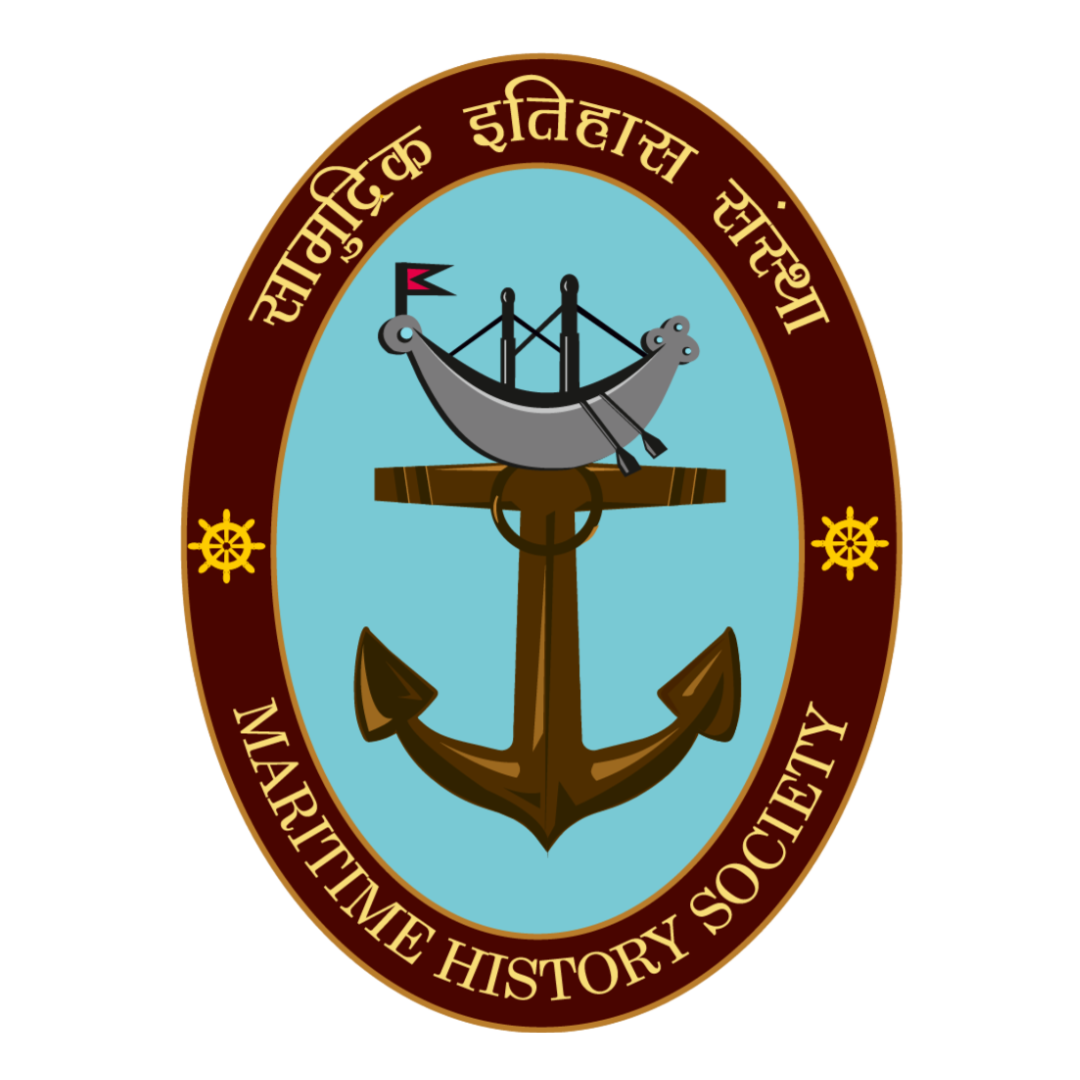Excavation at Pattanam, Source: Muziris Heritage project
India has been gifted with a rich maritime heritage, which is evident through the bustling ports and cities that adorn the coastline of India. These ports were active trading areas, giving rise to new settlements and groups of indigenous and foreign traders engaged in the spice trade. Today, these port cities and those that function no longer, hold significant historical value, prompting archaeologists to diligently search for and identify their geographical locations.
Muziris, a key port on the Malabar coast, became a focal trade point between India and West Asia, Persia, North Africa, and the Mediterranean region. The commodities traded were spices, semi-precious stones, pearls, silk, Gangetic spikenard, tortoiseshell, amongst other items of value. This port became predominantly active during the height of the Roman Empire due to vibrant commercial relations. Pliny the Elder estimated that Rome’s annual economic deficit was due to an imbalanced trade with India, and Muziris had a massive chunk of the gain by importing gold coins. The port depended nearly entirely on foreign exchange due to Rome’s insatiable demand for pepper.
The classical texts of the Ramayana mention Muziris as Murachipattanam, where King Sugreev’s spy scurried through while looking for Sita. The Sangam literature says that Muziris was located on the northern bank of the river Periyar. The Greek travel book Periplus of the Errythrean Sea reveals that Muziris became the main trade port of the Chera kingdom and the prosperity of the port increased due to foreign commerce. In his accounts, Marco Polo, the Venetian merchant and explorer, mentions Muziris as a significant trading centre where ships from different countries would gather to exchange goods.
It is believed that Muziris could have been a melting pot of cultures due to its cosmopolitan setup. Reports suggest that Jewish immigration might have occurred in present-day Kerala due to early commercial relations with Israel. Jewish communities have a long history in India, with some traditions suggesting that they arrived on the subcontinent to escape religious persecution. Over the centuries, Jewish merchants and traders traveled to different parts of India, establishing communities and engaging in commerce, an admirable trait that the Jews are well known for. It is plausible that Jewish individuals or families may have settled in Muziris due to its strategic location. They formed an integral part of economic development during the Chera dynasty’s reign. They enjoyed commercial prosperity due to the patronage of the local rulers until the advent of the Portuguese, who persecuted them and compelled them to leave Kodungallur for Kochim in 1565.
Muziris, later believed to be Kondungallur, thrived until the 5th century CE but declined after the fall of the Roman Empire and the Periyar floods in 1341. Despite excavations yielding no evidence before the 13th century AD, nearby Pattanam has revealed significant material remains like Chera coins, burnt beads, and Mediterranean amphora potsherds. These findings suggest a potential urban settlement at this site. The presence of a large number of potsherds of Roman amphorae indicates that they consist of containers used for the transportation of wine. The recently discovered Vienna Papyrus of the mid-second century CE mentions a loan agreement between Muziris and Alexandria, which sheds light on the commercial relations between the two ports. Another excavation undertaken in the Kottapuram area revealed a fort built in 1523 during Portuguese rule. Chinese ware, red slipped ware, and iron objects were unearthed near the fort.
The Pattanam Archaeological Research Project (PARP) has been at the forefront of excavation efforts in Muziris. Dr. P.J. Cherian’s project aims to uncover the region’s ancient history and shed light on the maritime trade networks that connected Muziris with other parts of the ancient world. The Muziris Heritage Project, initiated by the Government of Kerala, aims to preserve and showcase the cultural heritage of the ancient city. The project includes the development of museums, archaeological sites, and tourist attractions to promote awareness and understanding of Muziris’ rich history.
The findings collated above clearly denote that Muziris formed an integral part of maritime commerce. The historical aspect of the research still needs to be worked on to understand the settlement pattern, the magnitude of trade, and the influx of foreigners. The artefacts procured from these excavations need to be preserved and analyzed thoroughly to understand the chronology of the site. Several researchers have systematically tried to find such lost ports and present their unknown stories in front of us. Overall, Muziris stands as a testament to the Malabar Coast’s ancient maritime trade networks, cultural exchange, and historical significance. Its legacy continues to captivate and inspire, allowing us to delve into the past and appreciate the interconnectedness of civilizations throughout history.
References
Malekandathil, P. (2015). Muziris and the trajectories of the maritime trade in the Indian Ocean in the first millennium BCE. Imperial Rome, Indian Ocean, and Muziris: New Perspectives on Maritime Trade.
Mathew, K. S. (2017). Imperial Rome, Indian Ocean Regions, and Muziris. New York: Routledge.
Muziris Heritage Project (2015). Retrieved from History: https://www.muzirisheritage.org/history.php
Perur, S. (2016, August). Lost Cities #3 – Muziris: Did black pepper cause the demise of India’s ancient port? Retrieved from https://www.theguardian.com: https://www.theguardian.com/cities/2016/aug/10/lost-cities-3-muziris-india-kerala-ancient-port-black-pepper



0 Comments